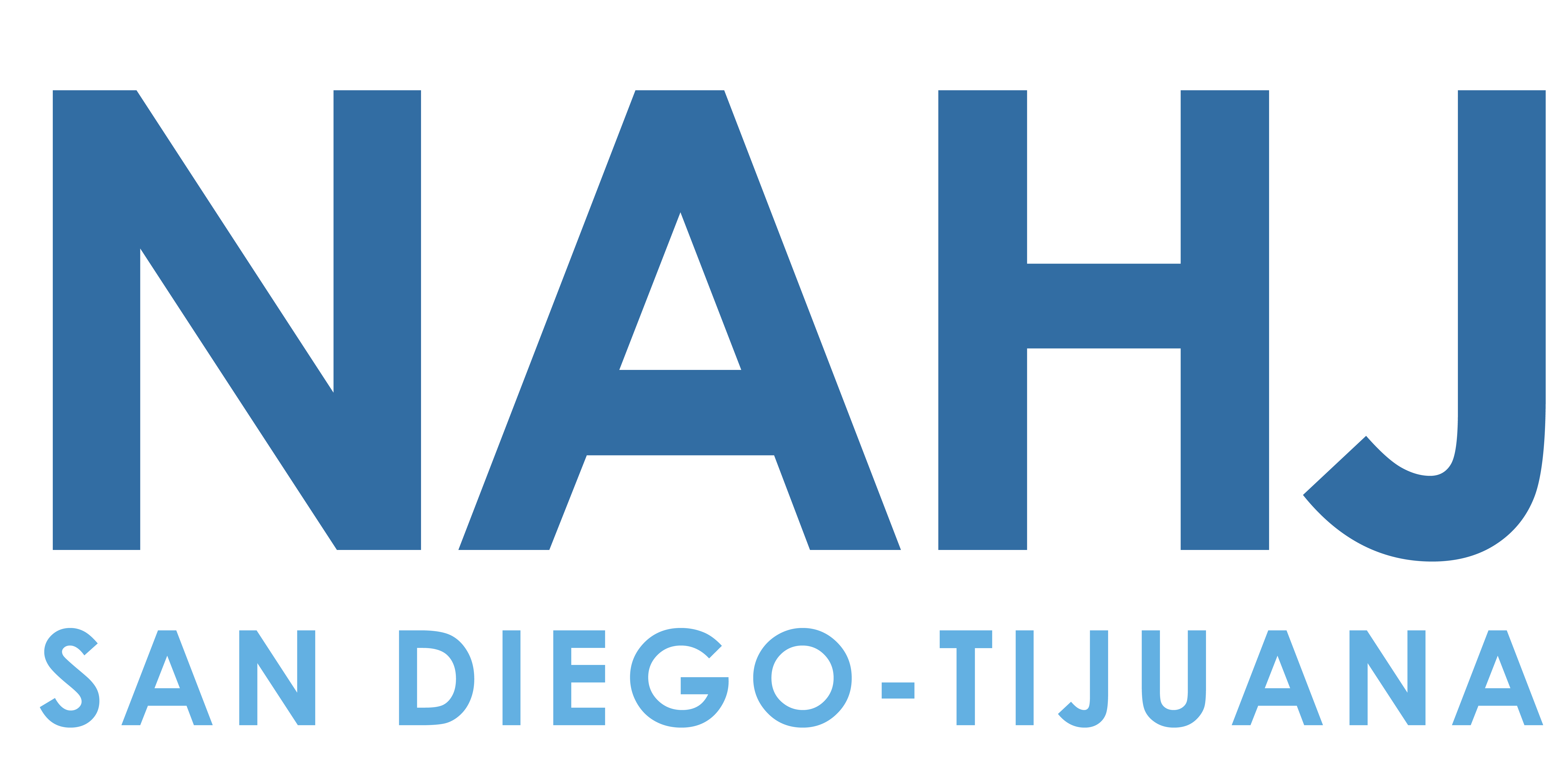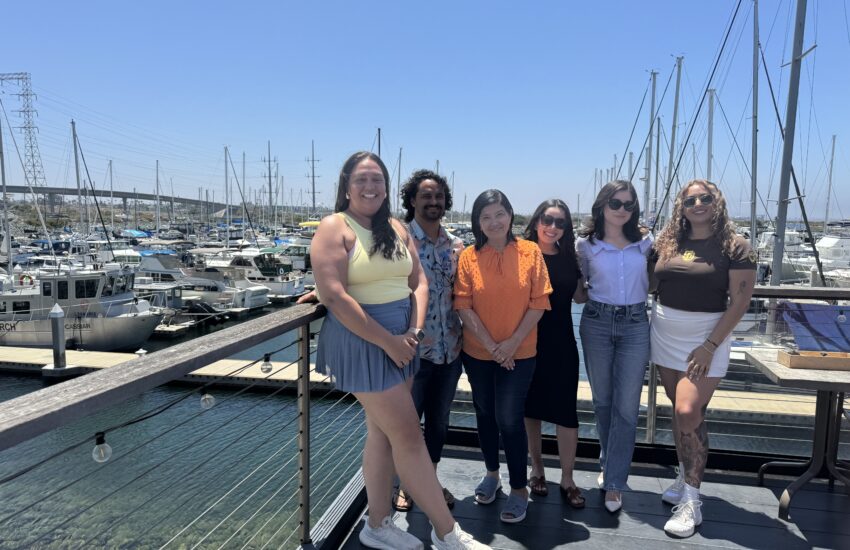NAHJ January Meeting: New Tools For Journalists in the New Year
SAVE THE DATE: Jan. 10, Saturday, “New Tools for Journalists in the New Year”
Time: 11:30 A.M. *SHARP* – 1:30 P.M.
Time: 11:30 A.M. *SHARP* – 1:30 P.M.
Location: NBC Studios 225 Broadway. Downtown San Diego.
*Parking: FREE upon validation at Horton Plaza*
Cost: Our meeting is $10 for professionals and $5 for students.
All of the proceeds go toward future scholarships for members and larger events for our local chapter.
RSVP by Wed., Jan. 7 to [email protected].
Our guests will be Robert Hernandez, Associate Professor of Professional Practice at USC Annenberg School of Journalism and Victor Hernandez, former Program Manager of Editorial Systems for CNN. They will talk about new technology, software, apps and equipment reporters and newsrooms can use everyday in their jobs.
We will also have a “year in review” to talk about our last year as a busy chapter and get some suggestions you have for the upcoming year–bring ideas for any events, socials, seminars, field trips that you would like to see us plan for the chapter.
Please meet on the east side of NBC Studios downtown at 225 Broadway, next to the North Island Credit Union. You can find parking at Horton Plaza for free with a parking validation. (No purchase needed.) NAHJ officers will lead group up to the 3rd floor via NBC badge at 11:40 a.m. so please be on time.
Email us with any questions: [email protected]
Email us with any questions: [email protected]
Meet the guest speakers:
 |
| Robert Hernandez | bio |
.jpeg) |
| Victor Hernandez | bio |



Parking Management Software
online parking software
Cloud based parking solutions
Free Parking Software for Town Houses, Condominiums, and Businesses Solves Parking Problems
Searching for a parking space is such as frustrating routine activity for lots of people in cities all over the world. This search is burning over a million barrels of oil of the world each day. There are also 4-parking spaces every vehicle in the US and almost all streets are most of the time, empty, which leads to urban environments that are ironically doing far more to accommodate the vehicles than people. As the global population continuously urbanize, without a convenience-driven and well-planned retreat from cars, these sort of parking problems will worsen.
http://webparkingsoftware.com software is the first step in the right decision. It involves using low-cost sensors, mobile phone-enabled, and real time data collection automated payment systems enabling people to reserve parking in advance or predict accurately where they can find a spot. When deployed as a system, free parking software thereby reduces car emissions in the urban centers by means of reducing the necessity for the people to circle the city blocks needlessly searching for parking. Furthermore, it permits the cities to manage their parking supply carefully.
This free parking software is now being developed in many different states and cities around the United States and some other countries. For instance, in LA, smart meters and low-power sensors are tracking the occupancy of parking spaces across the Hollywood district, one of the most congested areas. The users will be able to access this occupancy data in order to determine the availability of the spots and then pay for them with their mobile phones. Other than the environmental benefits and lending convenience, free parking software is improving the utilization of the current parking, which lead to greater revenue for parking owners.
These programs will be able to make great differences on a neighborhood level, but more widespread development and deployment is necessary for free parking software to change the cities and to contribute to the transportation sector pollution reductions greenhouse gas. One problem is that there are no citywide solutions all over the fragmented private and public parking providers. The occupancy data has a tendency to have many owners and is not accessible or standardized in a way that may enable software developers to turn into user-friendly applications. Thereby, individual smart parking efforts are so far successful locally, but uncoordinated, and operates in their own entrepreneurial or bureaucratic vacuums without a need to take gap between current free parking software and more widespread transportation system planning is an enormous missed opportunity for the cities to reduce the transportation related emissions.
Moreover, free parking software has been hindered by a lack of insight into the complete benefits of this software, specifically when compared to the cost of building extra parking spaces. Lack of collaboration between communities with the parking software programs, as well as lack of coordination between hardware providers, municipalities, and developers is also contributing to the slower adoption of smart parking. Nevertheless, it is possible to overcome all these issues. Cities will be able further accelerate these advantages by means of updating the land use and building codes policies to reflect the reduced need for parking.
The entire information is really good and some good insights available. Looking forward to do more clicks.